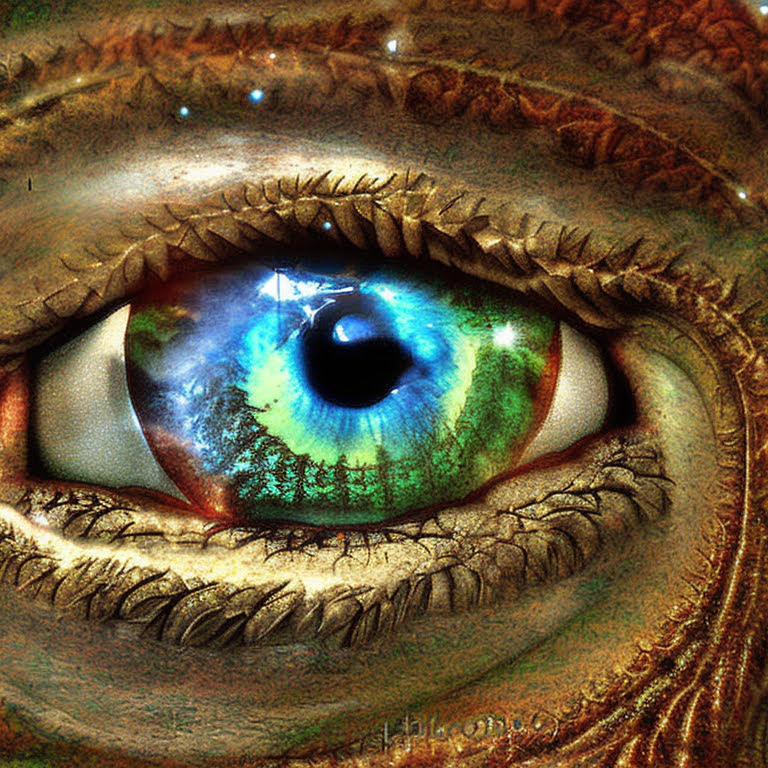Group activities or group practises, can be a effective way to intentionally design a change in the culture, or just a fun way to get to know each other.
Emotional type activities
Showing up together is simple because it’s foundational. It’s a powerful base to start from for pretty much any collective practise from collective coherence, to setting up your interpersonal relationships up for success, and even simply increasing peoples ability to pay attention.
Identity shift can be a more effective and sometimes scarier method of understanding each other. In this exercise we take turns pretending or operating as each other to see the other person’s world. This Psychotech has shamanic origins, similar to when the natives living with the land would imagine what it was like to an animal like a wolf or bird. They would then be able to see their environment through the eyes of that animal and be able to generate novel insights.
Thinking type activities
Map Making Make a map of your environment. It could be your office or your home, wherever it is that you spend the most time, is the most important, or you have the most confusion around. It could be a map of the physical space, of your workflow, or of how you spend the your time during the day. It’s ok if it doesn’t look great, the point is to be able to increase your understanding through activating the creative parts of your mind, and if relevant share your world with someone else.
Value finding, is one of the best ways to know yourself, or others. Most of the time we have a vague sense of what is important to us, but have you ever really sat and written them out and shared them with someone? If you stand for nothing you will fall for anything.
Equivalent exchange of things that aren’t fungible. How do you make the trade offs with money, family of origin, friends, or passions? Life is so full of value and if you aren’t able to make trade offs then you will never get anywhere. If you don’t make the trade offs
Goal creation
Bayesian thinking, how to use expected value in your everyday life. Most of our life we have a vague sense of what our
